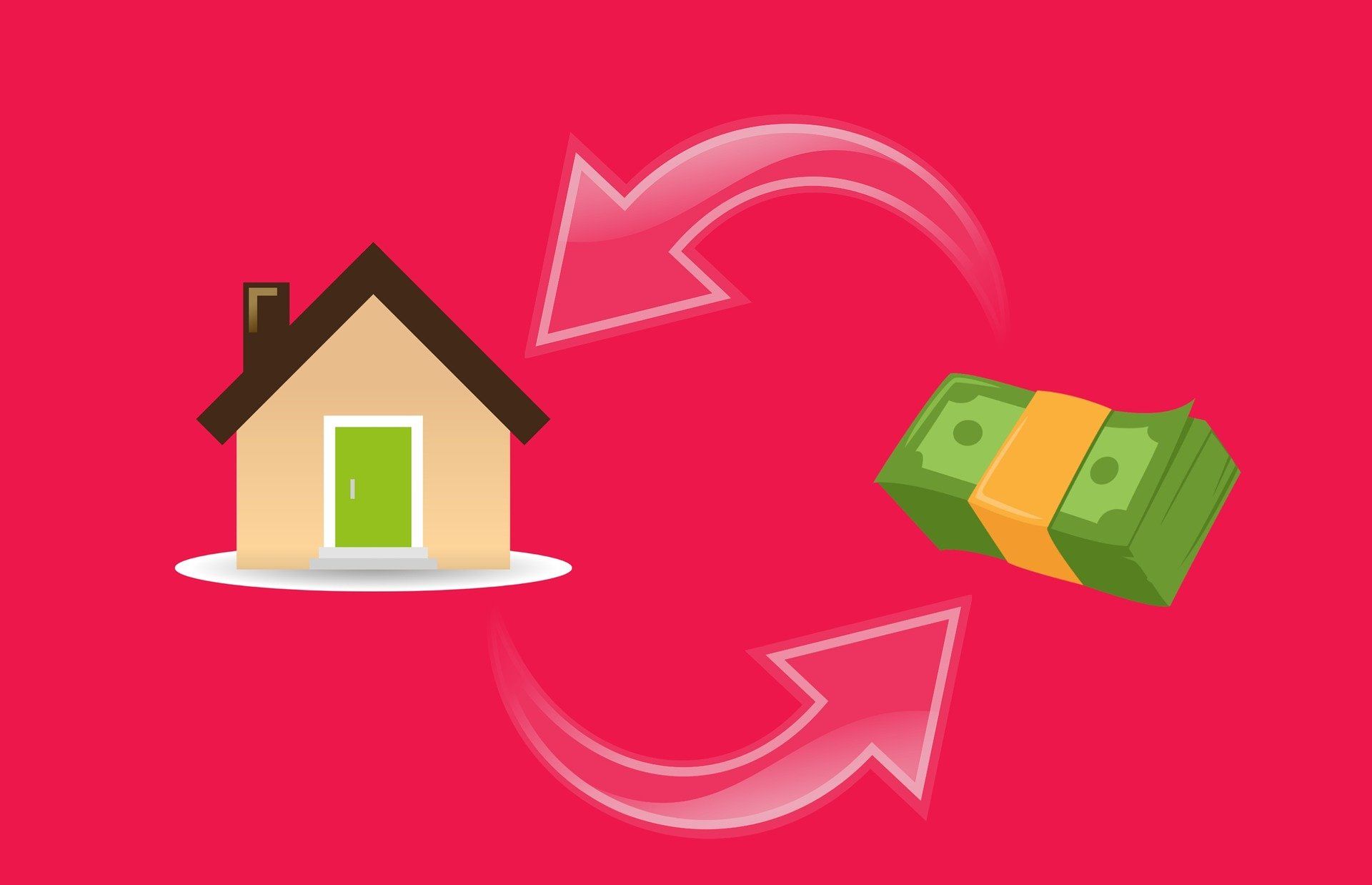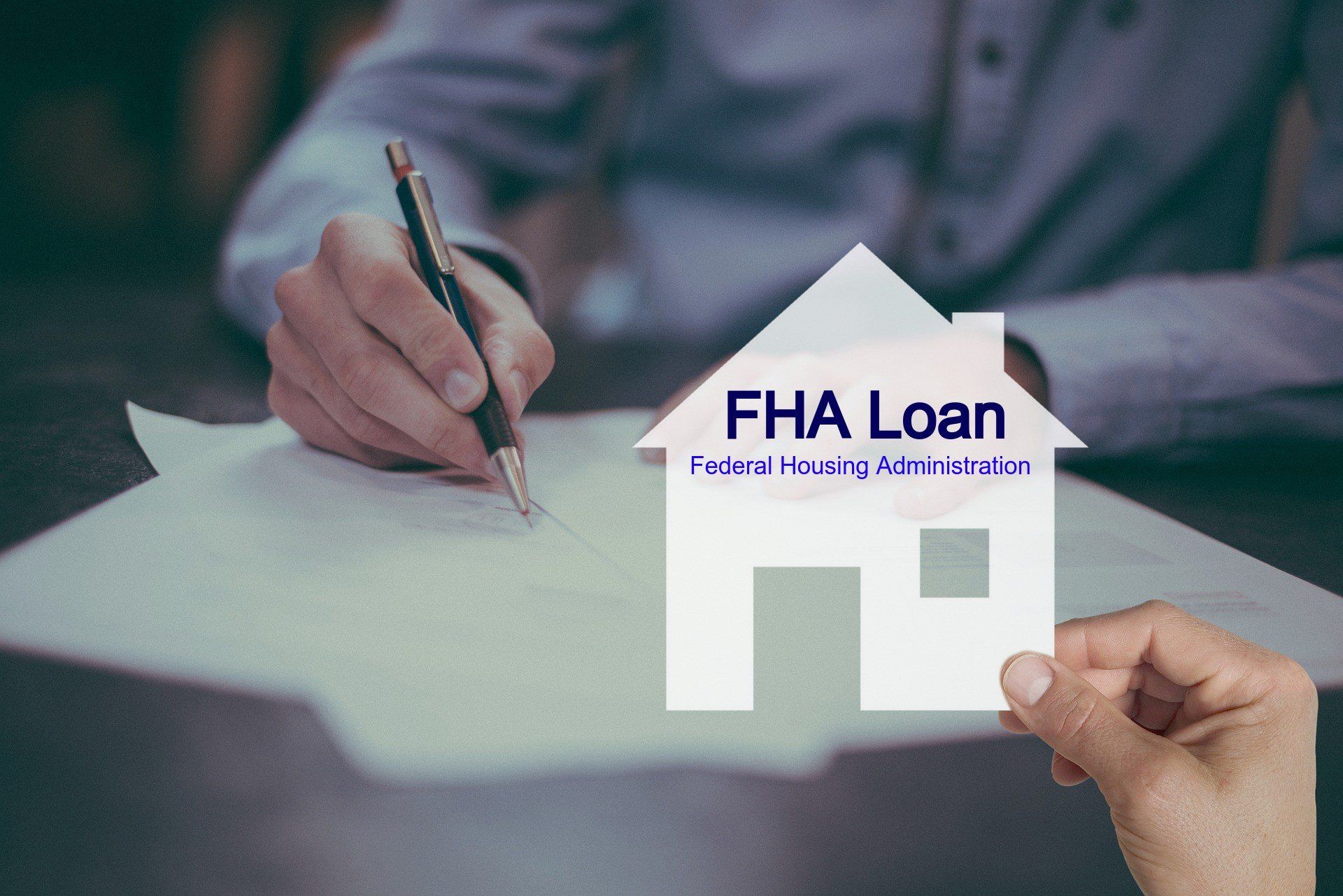Important things every new homeowner should know
You've made the biggest financial purchase of your life, what now?

Here are a few important things every new homeowner should know.
List of Services
-
Crunch the numbers:List Item 1
Hopefully, you partnered with the Willson Team to work through the home loan process. If so, it’s likely you’ve already considered all the expenses associated with homeownership and worked out a budget that fits your income. If you haven’t, it’s beneficial to sit down and review the potential financial responsibilities you could incur over the next year.
The following list outlines some of the unexpected expenses you may not have anticipated:
- Maintenance repairs for the house, furnace, air conditioning, plumbing, etc.
- Insurance for floods and earthquakes because the damage caused by these natural disasters is not typically covered by homeowner’s insurance.
- Landscaping upkeep, aesthetic upgrades, and renovations
- Wiring for cable, phone, and internet
- Security systems
- A growing family
- Pest control
-
RefinancingList Item 2
Mortgage refinance is a homeowner's tool that does any or all of the following:
- Reduce your rate
- Lower your payment
- Remove your mortgage insurance
- Shorten the term of your loan
- Take out cash to consolidate debt
- Make home improvements
- Pay off medical bills
-
Home EquityList Item 3
If you were to sell your house today, the amount of money you get to keep is called equity. Home equity is calculated based on the amount of the original mortgage, the amount of your down payment, how much you’ve paid on your principal balance since owning your home, and the current market value.
Over the next 5-7 years, you can increase your home equity by making improvements to the property and paying off as much of your mortgage every month as you can. Once you’ve built up enough equity, you can request a home equity loan. We recommend you discuss that with a financial advisor that can help you better understand how it will affect your financial situation.
-
Tax Credits & DeductionsList Item 4
Tax breaks are one of the benefits of owning your own home. The extent of your savings may vary, but there are plenty of opportunities to save money. Some of the things you can get tax deductions on are mortgage interest fees for mortgages up to $750K, annual property taxes, points paid for refinancing, private mortgage insurance, and energy-efficient upgrades.
-
Credit Score
Your first home mortgage loan can cause your credit score to drop since you are increasing the amount of debt to income ratio. However, you can bring it back up by making your monthly payments on time and reducing credit inquiries or large purchases through your credit lines for the next six months.
-
Emergency Preparedness
Emergency preparedness is usually an afterthought, but here are some things you might want to make a note of once you get settled.
- Locate emergency shut-off valves for gas, water, and sump pump where applicable.
- Create a list of local emergency contacts for fire departments, animal control, pest control, poison control, family doctor, etc.
- Make a plan for evacuation in the case of a natural disaster that includes a gathering location for family members and the assembly of a survival kit.
-
Store copies of home & mortgage docs/receipts
As a homeowner, there are some documents you should keep on file for easy referencing. You never know when you’ll need to prove your property’s worth or present them for an audit or a legal case. It’s best to keep original documents in a fireproof filing cabinet or safety deposit box and upload copies to a cloud drive.
- Keep monthly mortgage statements until you confirm your most recent payment reflects properly on your mortgage balance and report discrepancies right away.
- Keep the following for a minimum of 6 months to a year: Buyer’s agent agreement, purchase agreement, and utility bills.
- Keep the following documents for at least 3 years: Seller disclosures, closing disclosure, home inspection report, home warranty, refinancing agreements, year-end mortgage statements, and property tax statements.
- Keep these documents until they expire or you sell the house, whichever comes first: The promissory note/deed of trust, loan payoff letter, home warranty plans, receipts from major purchases, renovations or repairs, and insurance policies.
-
Insurance Claims / Increase premiums
Home owner’s insurance may, in essence, be a lifesaver when you need it, but some claims can result in a higher insurance premium come renewal time. For example, claims related to water damage, mold, liability, theft, and fire are likely to increase your premiums. Try to minimize the number of claims you file, and whenever possible, take care of minor damages out of pocket.





